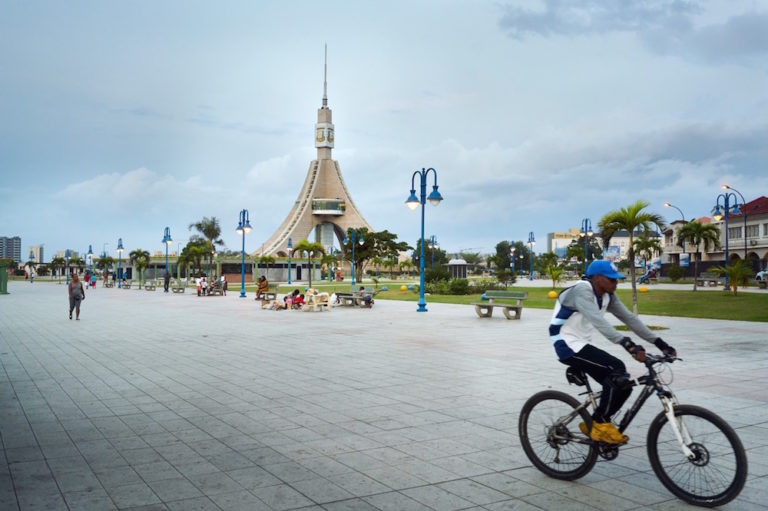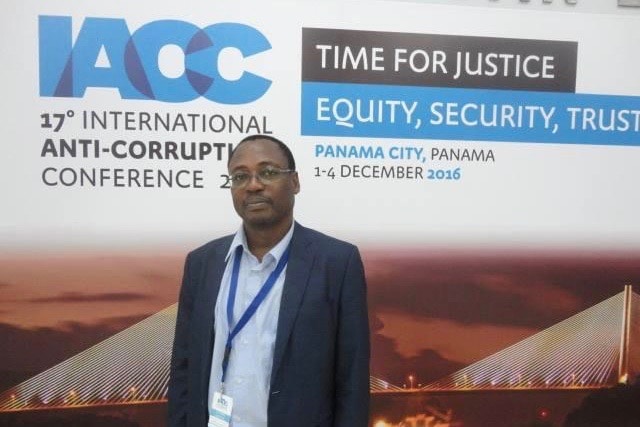Equatorial Guinea is among a few governments in Sub-Saharan Africa that have imposed a total news blackout on events in North Africa and the Middle East, according to CPJ research.
(CPJ/IFEX) – New York, March 2, 2011 – The Committee to Protect Journalists condemns Equatorial Guinea’s censorship of coverage of events in North Africa, the Middle East, and Ivory Coast. A state radio presenter’s reference to Libya during a live radio program on Friday led censors to abruptly force the journalist off the air and order an indefinite suspension from the country’s tightly monitored national airwaves, according to local journalists and news reports.
Equatorial Guinea is among a few governments in Sub-Saharan Africa that have imposed a total news blackout on events in North Africa and the Middle East, according to CPJ research.
On Friday, Equatorial Guinean Secretary of State for Information and Press Federico Abaga Ondo stormed into the studios of government-controlled national broadcaster RTVGE and ordered producers to kill the microphone of presenter Juan Pedro Mendene, according to local journalists. Ondo then ordered Mendene, who was presenting his weekly hour-long, French-language call-in educational program “Détente Intégrale,” (Total Relaxation) out of the studio, forbidding him to return to the studio, according to the same sources.
Speaking to CPJ today, Mendene – who has been nicknamed by listeners “The Guide” because of the educational nature of his show – said he mentioned the Libyan revolution in the introduction to his program. According to local journalists, the official took exception to the reference on the grounds that it breached the government-controlled station policy of not discussing on events in Libya, Tunisa, Egypt, Algeria, Morocco, Yemen, and Ivory Coast.
“We condemn the suspension of Juan Pedro Mendene for merely mentioning Libya,” said CPJ Africa Advocacy Coordinator Mohamed Keita. “We call on authorities to lift the suspension immediately, and to end censorship of news from the Middle East and Ivory Coast.”
President Teodoro Obiang’s repression of dissent and his iron grip on the media during his 32 years of rule have cowed the Equatorial Guinean press into self-censorship, preventing any probing coverage of ongoing international investigations of the ruling elite over of allegations of siphoning of oil revenue profits, according to CPJ research.


